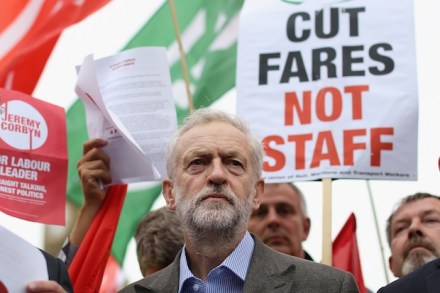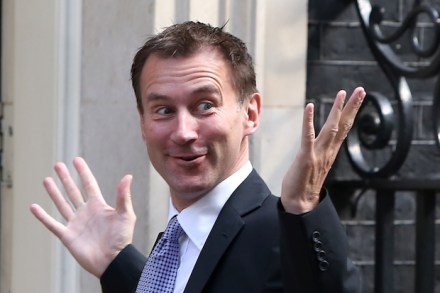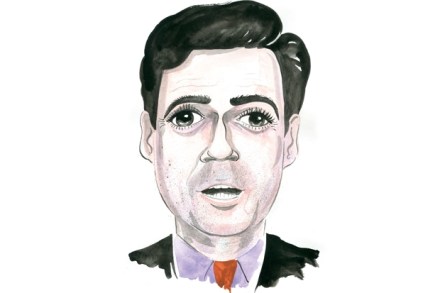The wrong cuts
[audioplayer src=”http://rss.acast.com/viewfrom22/jeremyhunt-scatastrophicmistake/media.mp3″ title=”Dr Clare Gerada and Fraser Nelson discuss the row over junior doctors” startat=34] Listen [/audioplayer]It has long been rumoured that when Jeremy Hunt took over as Health Secretary, Cameron told him to do one thing with the NHS: keep it out of the headlines. Given that the NHS is an enormous institution, the public take an avid interest in it and it is frequently rocked by scandals and financial difficulties, this was no easy task. Until a few weeks ago, Hunt had managed it with aplomb. And then the junior doctor fiasco happened. It has been cataclysmic, one of the worst public relations disasters to rock a government


















